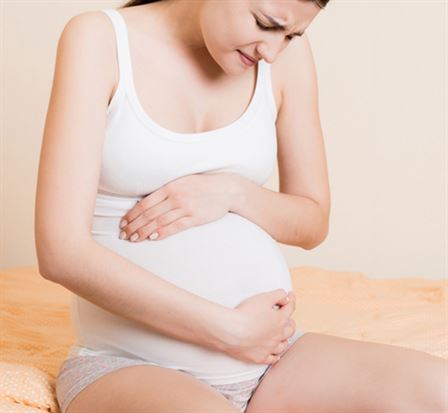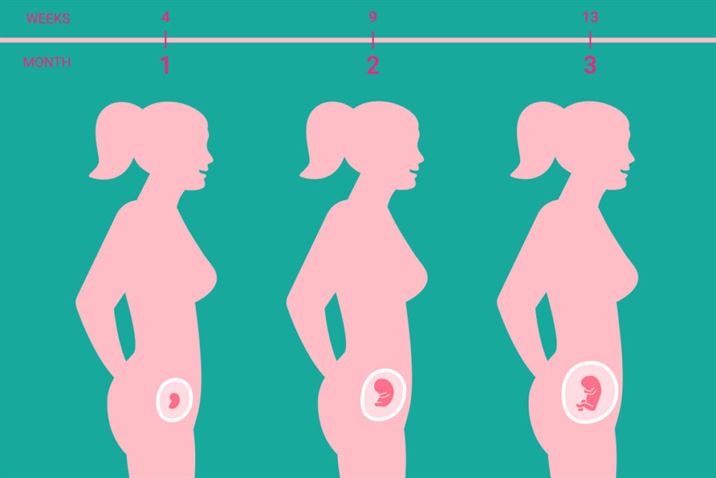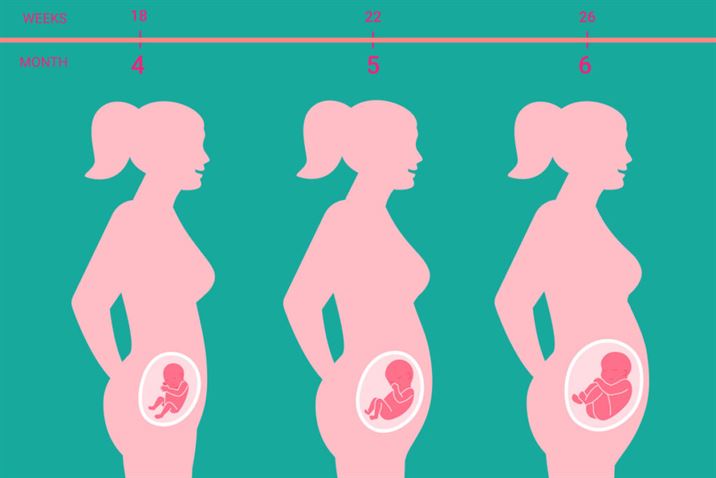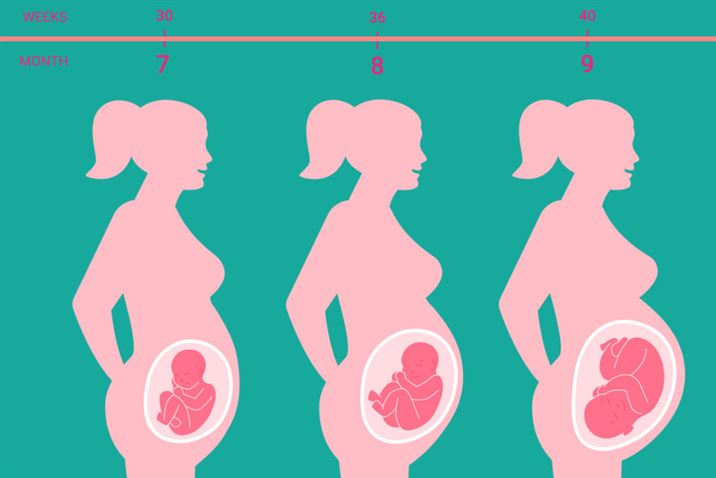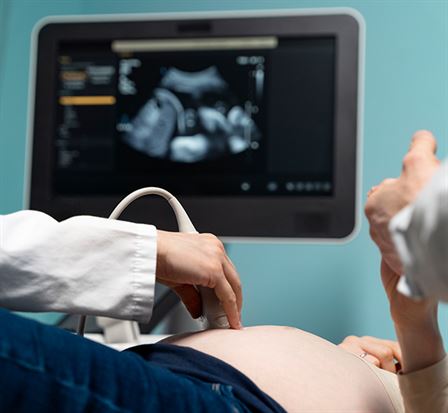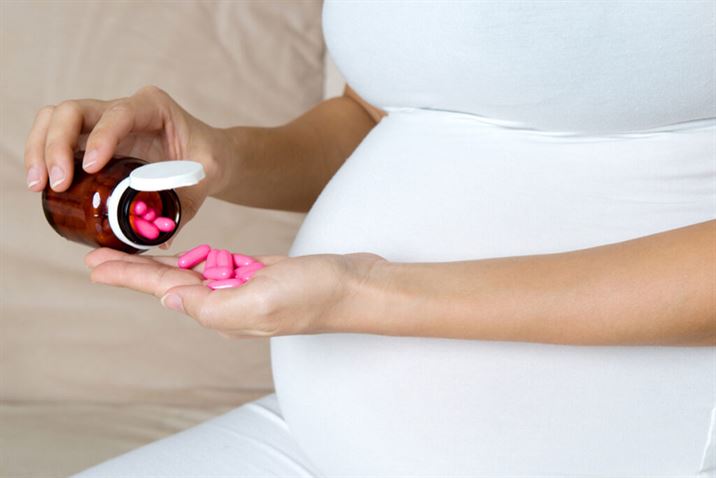During pregnancy, the body changes to support the growing baby, including an increase in blood volume—from approximately 5 liters when not pregnant to 7-8 liters by the end of pregnancy. This process requires additional iron, vitamin B12, and folate to produce the extra hemoglobin necessary for the increased blood volume. Iron deficiency is the primitive cause of anemia during pregnancy, as pregnant women need three times more iron than when not pregnant. However, because iron is difficult to absorb, many women become anemic without iron supplements.
Anemia in pregnancy can also result from insufficient folate and vitamin B12, bleeding, or conditions such as preeclampsia or sickle cell disease. Anaemia means having too few red blood cells responsible for carrying oxygen throughout the body. Those cells are produced in the bone marrow and contain hemoglobin, a protein essential for oxygen transport. Mild anemia during pregnancy is common and may cause fatigue. Severe anemia, however, can lead to symptoms such as shortness of breath, weakness, dizziness, irritability, and difficulty concentrating.

